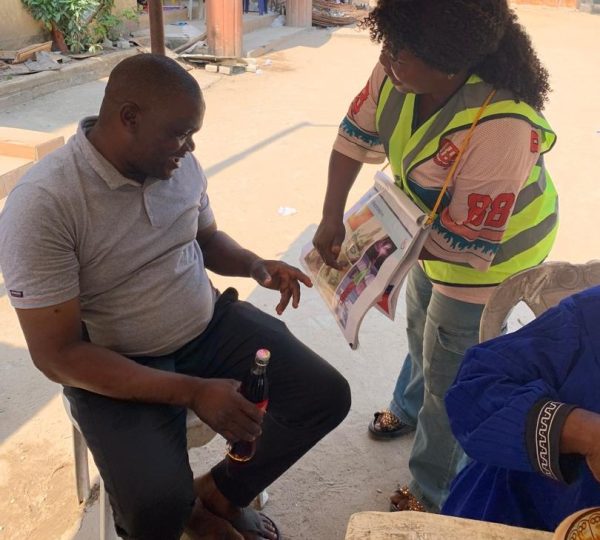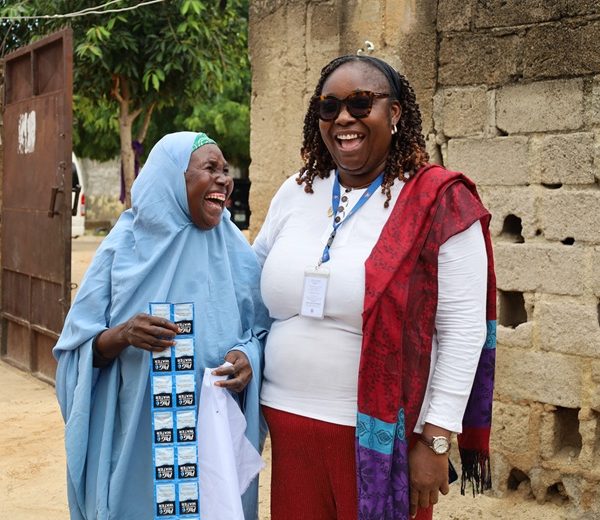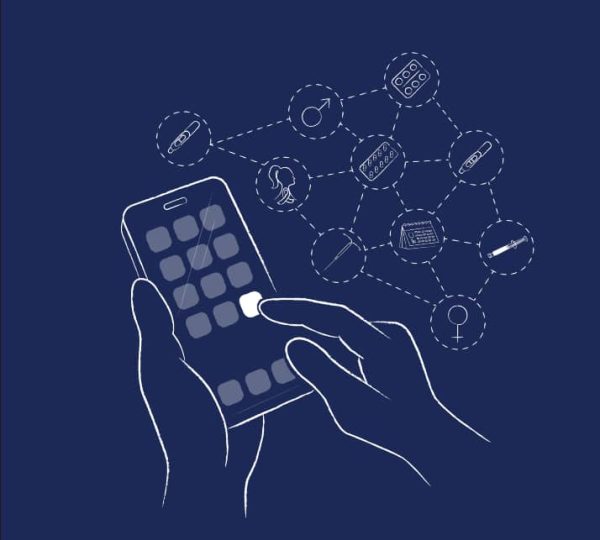Empowering Adolescent Health: The Big Sista Strategy Driving Change
By Foluwakemi Ogunkua, Faith Ochonu, Yemi Dorcas Danladi and Rakiya Idris-Labaran
In the ever-evolving landscape of healthcare, innovative strategies continue to emerge, reshaping the way we approach wellness. One such approach gaining significant traction is self-care interventions. This novel concept benefits not only individuals but also healthcare professionals, by alleviating pressure on overburdened healthcare givers systems and allowing them to focus on critical cases as it gives the client self-efficacy in her reproductive health. This paradigm shift, endorsed by the World Health Organization (WHO), is a game-changer that prioritizes wellness while optimising healthcare resources.
At the forefront of this movement is the Adolescent-360 Amplify (A360) project, a visionary initiative aimed at enhancing the sexual and reproductive health of adolescent girls aged 15–19. By dismantling barriers to accessing modern contraceptives and promoting voluntary use, A360 aims to elevate the modern contraceptive prevalence rate (mCPR) and revolutionize the sexual reproductive health of adolescents. With the dual objective of improving health and agency for girls while catalysing learning in the global and local Adolescent Sexual Reproductive Health (ASRH) sector, the project is currently advancing through its dynamic second phase.
Introducing the “Big Sista” Strategy: A New Approach to Access
Central to this transformative journey is the “big sista” strategy, rooted in the principles of self-care. This innovative approach places the power of health decisions back into the hands of individuals (married adolescent girls), allowing them to take ownership of their healthcare needs and preferences. But the brilliance of the “big sista” strategy doesn’t stop there – it extends its reach to those with unmet needs and limited access to healthcare providers.
These “big sistas” are more than advocates; they are catalysts for change within their communities as they are also satisfied users of Modern Contraceptives. Identified based on a rigorous selection process, these empowered individuals serve as role models, speaking to community members about the benefits of contraception and directing interested individuals to available services. With a profound commitment to promoting sexual and reproductive health, these advocates bridge the gap between need and access.
Nurturing Agents of Empowerment: The Journey of the Big Sistas
Chosen for their unique attributes, the “big sistas” undergo thorough training to equip them with the tools needed for impactful advocacy. This training includes familiarisation with the Counselling for Choice (C4C) approach and proficiency in using the CBDA app for data capture. Despite initial challenges, including sim registration issues, these champions of change adapt and prevail. Regular supervision and meetings further enhance their capabilities, ensuring their efforts are focused and effective.
Presently, the “big sista” strategy is making waves in Kaduna and Nasarawa states through the Matasa Matan Arewa (MMA) program.
Progress and Promise: A Glimpse into the Future
Despite being piloted in only two states, the impact of the “big sista” strategy is profound. With providers linking girls to “big sistas” for contraceptive refills, the burden on healthcare providers has significantly eased, enabling them to reach more individuals. The strategy’s continuation is gradually gaining momentum, as girls appreciate the convenience and privacy it offers. From October 2020 till date This success reinforces the power of sexual and reproductive health self-care methods availability. As clients realise they have the autonomy to manage their health, the journey to self-care acceptance may be gradual, but its transformative benefits are undeniable.
The success of the “big sista” strategy is not only a testament to its effectiveness but also a powerful reminder that empowering individuals with control over their health can lead to lasting change. As providers and clients alike recognise the benefits of self-care, the path to wellness becomes more engaging, personalized, and impactful.





